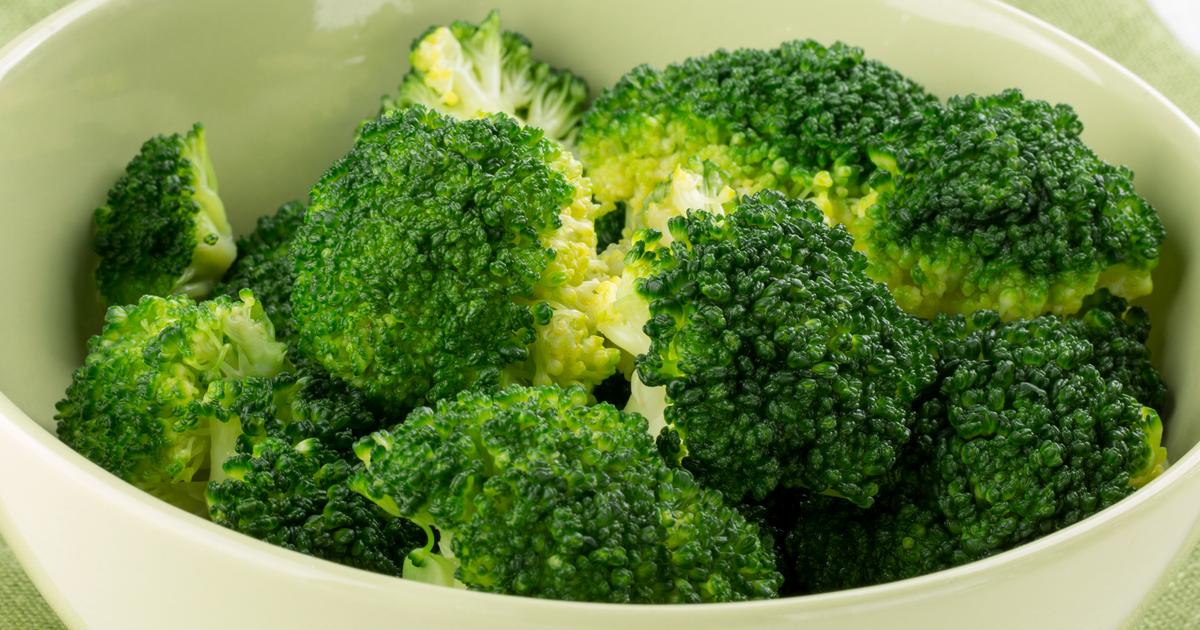Guide To Amazing Cancer-Fighting Foods
Cruciferous Vegetables

Cruciferous vegetables are known to assist an individual's body with eradicating any precancerous and cancerous cells before they have a chance to form a tumor. Cruciferous vegetables include broccoli, rapini, cauliflower, kale, brussels sprouts, cabbage, white turnips, and collard greens. Glucosinolates are compounds contained in cruciferous vegetables that an individual's body breaks down into indoles and isothiocyanates. Both of these compounds have shown to reduce the risk of cancer because of their anti-inflammatory effects, inhibition of carcinogen activating enzymes, and promotion of carcinogen de-activating enzymes. Indoles and isothiocyanates are known to promote the process, called apoptosis, where an individual's cells self-destruct, preventing the growth of new tumor tissue. Beta-carotene contained in the cruciferous vegetables helps the cells communicate with each other better, which is critical for the control of abnormal cell growth. The folate in cruciferous vegetables is beneficial to the processes responsible for DNA maintenance and helps terminate the expression of genes that promote cancer cell growth.
Beans

Beans provide rich nutrient sources proven to help with preventing the development of certain cancers in the body. Three types of phytochemicals known to help fight cancer are contained in beans. Saponins are phytochemicals proven to decrease the speed at which a tumor grows and helps inhibit the generation of new cancer cells. Protease inhibitors are phytochemicals that trigger the release of substances referred to as proteases that promote the healthy and proper process of cell apoptosis. Proper cell apoptosis or death helps prevent cancerous tumors from developing. Protease is also helpful at stopping the cell division process in cancerous cells. Phytic acid is a phytochemical rapidly absorbed from food in an individual's digestive tract, and cancer cells quickly absorb it. Phytic acid inhibits the growth of cancerous cells and helps an individual's immune system identify and attack precancerous and cancerous cells in the body. Five types of cancer have shown to reap the most benefit from a diet high in beans, including prostate cancer, colorectal cancer, renal cancer, breast cancer, and gastric cancer.
